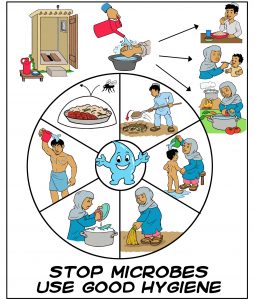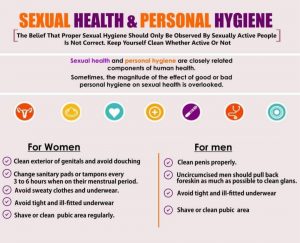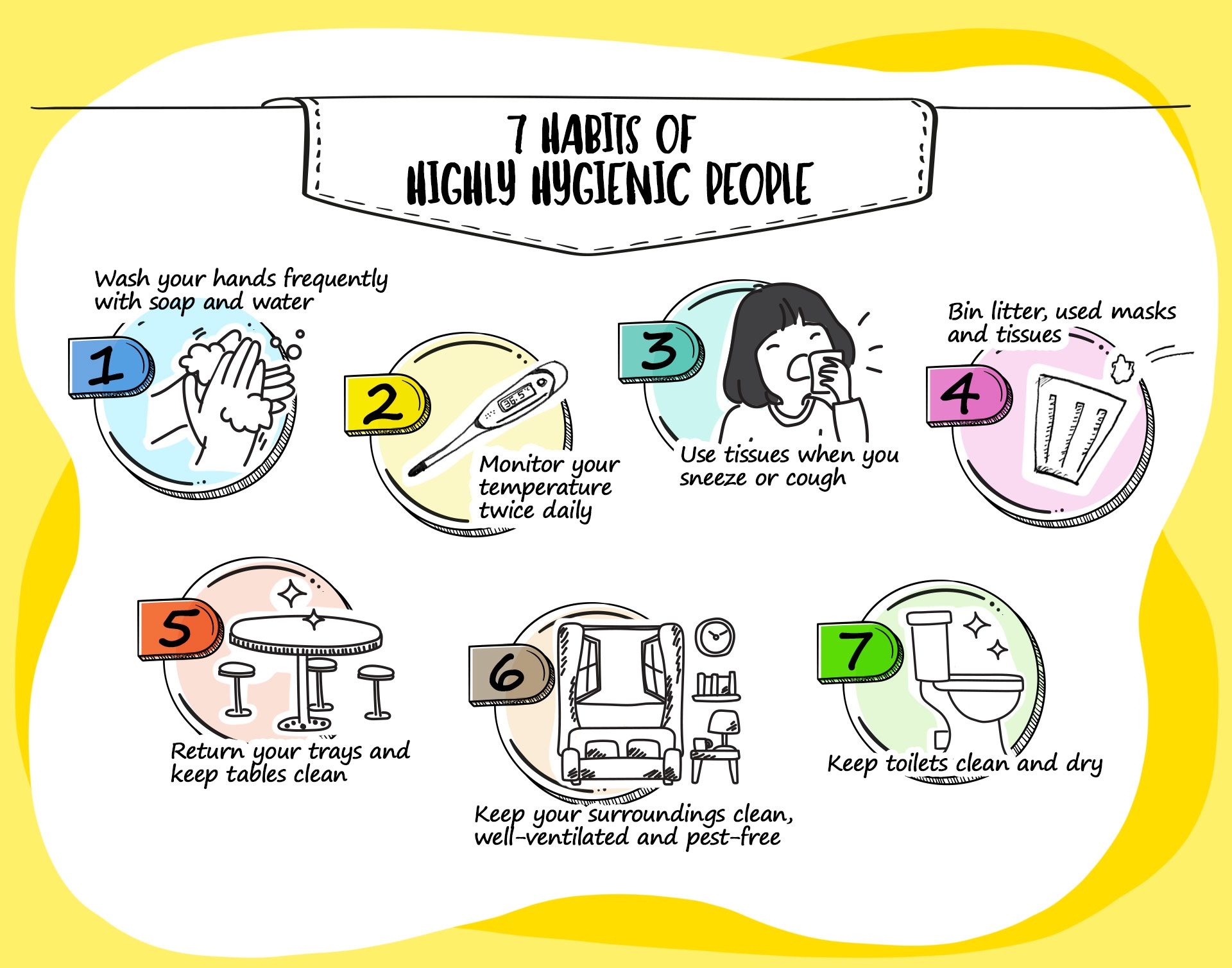October 15 was Global Handwashing Day and personal hygiene is a condition or practice followed to maintain health and prevent disease, mainly through cleanliness. Hygiene is a degree to which people keep themselves or their environment clean.
There are various kinds of hygiene referring to personal and environmental aspects. Personal hygiene means maintaining cleanliness at a self-level while environmental hygiene reflects the surrounding neatness.
On Global Handwashing Day, we look at our personal hygiene.
Specific reasons for why we need Personal Hygiene
Personal hygiene is one of the effective ways to protect ourselves and others from illness. This includes washing hands, legs, and every part of the body. It means applying cautions while coughing and sneezing. Moreover, bathing, washing, changing clothes, etc. depends on the environment where we live.
Other people’s perceptions and impressions towards us also rely on personal hygiene. Appearance and attractiveness are determined by the way how we care for ourselves. The way we look and smell makes a great impact on others. Personal hygiene is one of the most important factors for both health and social reasons.
1. Confidence Buildup
Good personal hygiene helps to generate confidence and self-esteem which makes us comfortable (both physically and mentally). Ignoring hygiene and feeling dirty, tired, or itchy puts our health at risk making us uncomfortable. It triggers anxiety, affects our mood and interaction.
2. Infection Prevention
Healthy hygiene is a major preventive measure for almost every disease and illness that are caused by virus and bacteria. It halts infection if we face any wounds or skin irritations. When we sneeze or cough, touch our pets, or any external surfaces, we may come in contact with viruses and bacteria. And maintaining hygiene kills and removes them from entering our bodies.
3. Halting Discomfort
Variations of personal hygiene include dental, genitals, and other maintenance. And cleaning all the body parts prevents pain, disorder, chronic, and obesity particularly. We can avoid the severe ache of different medical conditions by practising proper personal hygiene. For example: brushing our teeth prevents us from gum pain, etc.
4. Acceptance
Society is the primary family of anyone. These days, society has plenty of self-competitions and evaluations. And all these obsession begins with the hygiene practice. Poor hygiene may result in a negative impact on social life and behaviour. We can be left out of the group and gatherings. This applies to children in school also. Rough and rushed children are often bullied in schools.

Types of Personal Hygiene
1. Toilet Cleanliness
We must clean our hands after using the washroom by scrubbing for at least 30 seconds. We can use either a soap or a hand sanitizer. Use alcohol-based sanitizer with a minimum of 60% alcohol. We should make sure to clean our fingers neatly. Flush your commode after use and often clean your restroom with liquid detergents.
2. Shower and Hand Hygiene
Bathing helps to clear the dead cells, bacteria, and oils. The standard preference to take shower is every other day with soap. You can realize also, you sweat a lot the day you bathe. That is because the skin pores get cleaned and opened after bathing. We should wash our hair at least twice a week with shampoo. It helps to remove the oils and dandruff from the hair.
While bathing we should clean every part of our body, especially armpits, groins, neck, belly, knees, elbows, back, feet, and genitals. Likewise, the hand is the most loop part from where germs enter our body easily. We often take our hand to noses, eyes, ears, and mouth. We must wash our hands before handling and eating food and after handling garbage, sneezing, and touching animals or pets.
Watch how to wash your hands as per WHO!
3. Nail and Teeth Hygiene
Nails are the carriers of dirt and germs. So, trim the nails short to keep them clean. Brush under them to throw germs and dust. Cleaning nails prevent the spread of infection through the mouth, ears, nose, and other pores. If you have a habit of licking fingers of biting nails, you must avoid that.
Teeth fall under dental hygiene and it is far more than making our teeth white and shiny. Brushing avoids gum infection and pains. Cavities and teeth germs also get washed away from regular brushing and gargling. Brush at least twice a day, after waking up and before going to bed.

Genitals Hygiene
Genitals mean the private and reproductive organs of the human body. People do not want to take about these things and it is established as a taboo. People also think that touching genitals unnecessarily is a sin. But these misconceptions and stereotypes lead to genitals infection. Genitals are the most important part of the body and keeping them clean is our major personal hygiene. This is also important for a healthy sexual life.
Genitals are the most covered part of the body so they get moisturized regularly. These venerable parts must be dry and clean to avoid infections. Otherwise, fungal infections and worms attack your parts. Keep an extra towel and scrub for private parts cleanliness.
1. Vaginal Sterility
This also falls under the menstrual hygiene, so change pads or tampons on time. Wash your vulva and take good care of it. Never wash it with strong hot water, it may damage the clitoris. Also, wash the anus and keep the whole front and back parts dry. Wearing tight inners also causes problems of irritations and itching.
You may shave your pubic hair or it is not that necessary. Do it with your personal preference because the vagina has a natural pH balance. It protects the vagina from infections. The vagina is itself designed to keep cleans with natural secretions.
Also read: Menstruation: What Would Happen If Everyone Had Periods?
2. Testicles Cleanliness
Male genitals area include the thighs and the part of between legs also. Wash those parts with warm water, you can use soap too but do not use hard ones. Also, wash the shaft of your penis. Pull your foreskin back gently and wash it. This will clean the whitish oily smegma. You should wash your scrotum and skin around the anus and butt cheeks. Wash and clean your penis at least twice a day.
Removing or trimming your pubic hair depends on individual and fantasy. Better you shave it rather than waxing or threading, it can be painful. Genitals are delicate parts and you should not use chemical removals either, they can destroy the proteins.
Also read: Tomorrow is beautiful!
By looking back at our personal hygiene we can celebrate Global Handwashing Day.
Let’s observe Global Handwashing Day every day. And you know that is possible by you.
For more, keep following Wikye.com









